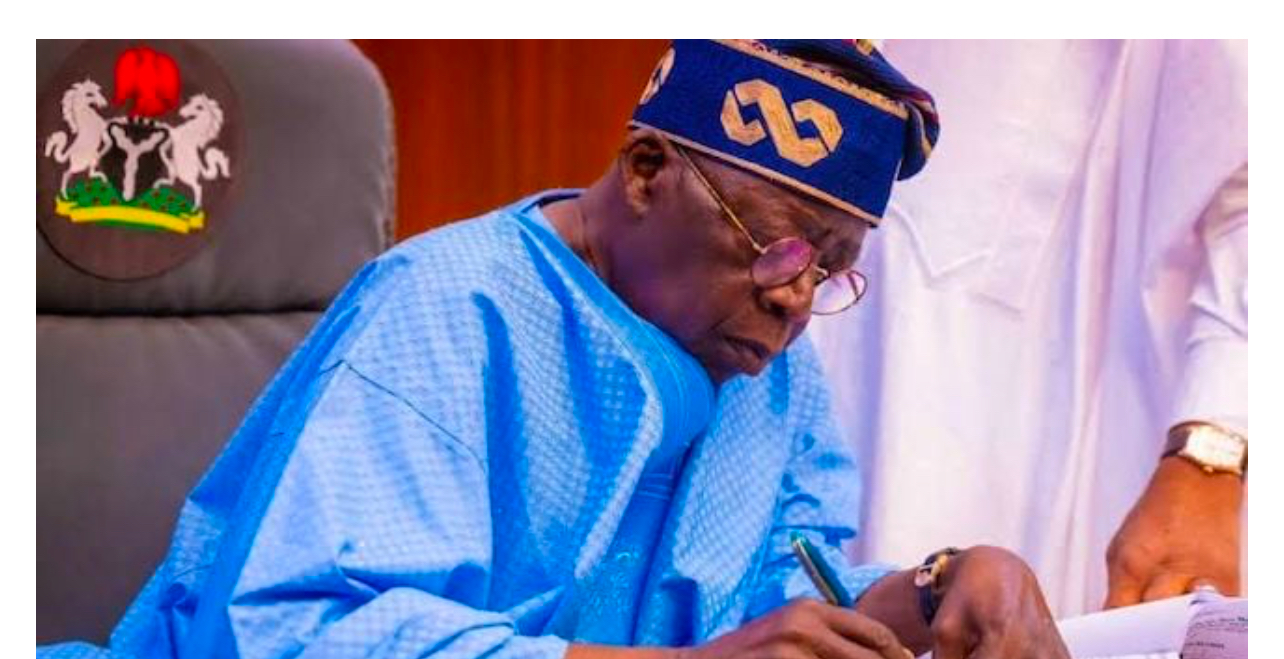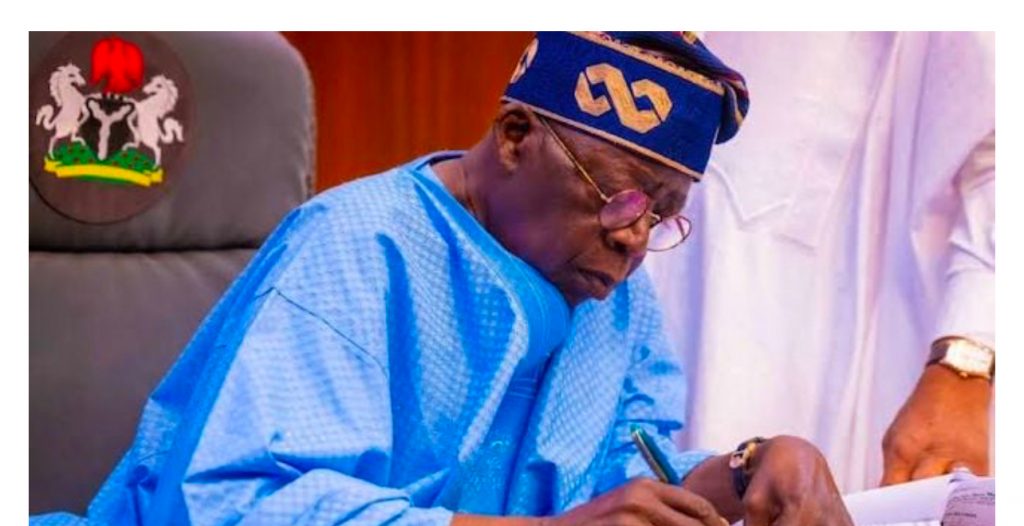In Suit No. K/497/2018 instituted by Bar. Muhammad Zubair, National Coordinator of Lawyers for Sustainable Democracy in Nigeria against the Kano state House of Assembly, Hon. Baffa Babba Dab Agundi and other members of the seven-man Investigative Committee and Attorney-General and Commissioner of Justice of Kano state, the presiding Judge, Justice A.T. Badamasi issued an Interim Injunction, restraining the Kano state House of Assembly Seven-man Investigative Committee from further investigation of the said bribery allegation.
According to the Judge, “upon carefully run through the Ex-parte application dated 5th day of November, 2018 filed by Counsel for the plaintiff/applicant accompanied by a 23 paragraphs affidavit duly deposed to by Muhammad Zubair, a legal practitioner as well as the written address in support of Application thereto:
“And after hearing Mr. Nuraini Jimoh Esq. (with him A.N.Ahmad Esq) Counsel for the applicant. The application is hereby granted in the following manner:
“The Respondents should be served before the close of work today (5 November). Accelerated hearing is hereby ordered and the respondents are given four days to respond to this application after service.
“Parties should maintain status quo ante pending the hearing of the Motion on Notice.”
The Judge, however, adjourned the matter to Monday, 12 November, 2018 for hearing.
Speaking to Reporters at the NUJ Press Centre, the plaintiff who is also the National Coordinator of Lawyers for Sustainable Democracy in Nigeria, Bar. Zubair said that, “we followed with keen interest the investigation being carried out by a seven-man Committee of the Kano state House of Assembly.
“We followed the issue and analyzed the provision of the law; we came to the conclusion that the House of Assembly have no right or constitutional backing to investigate the said bribery allegation. We believe it is an illegal action.
“As a pro-democracy group, we served the Kano state House of Assembly a letter on the 24th of October and gave them 24 hours ultimatum to stop the investigation, but the House leadership did not reply our letter. They did not invite us to hear from us. The House has a legal department which ought to have looked at our letter, rather they ignored us.
“Having followed what has happened, we felt that the Kano state House of Assembly did not heed to our advice. So, we decided to go to Court where we believe we can get justice. Already, we have served the three parties involved in the case; and the Court has ordered them to maintain the status quo ante pending the hearing of the Motion on Notice.”

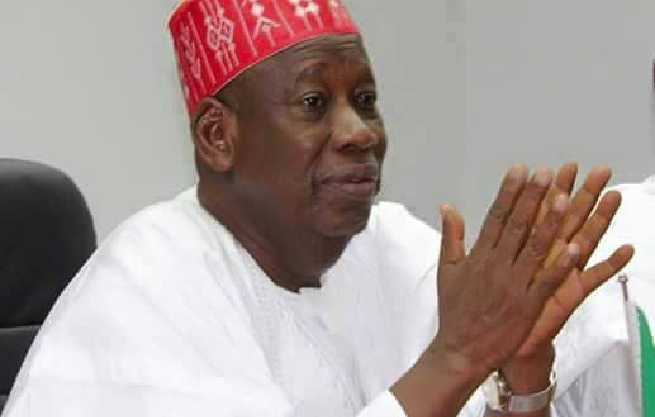

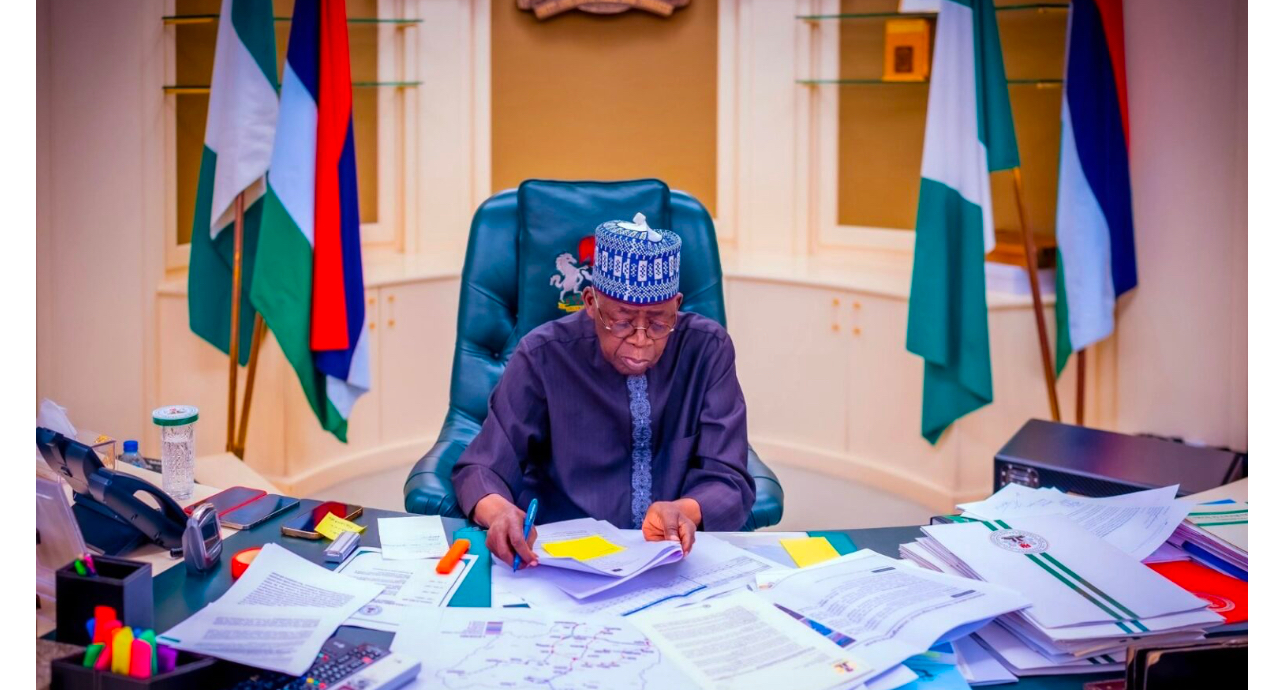
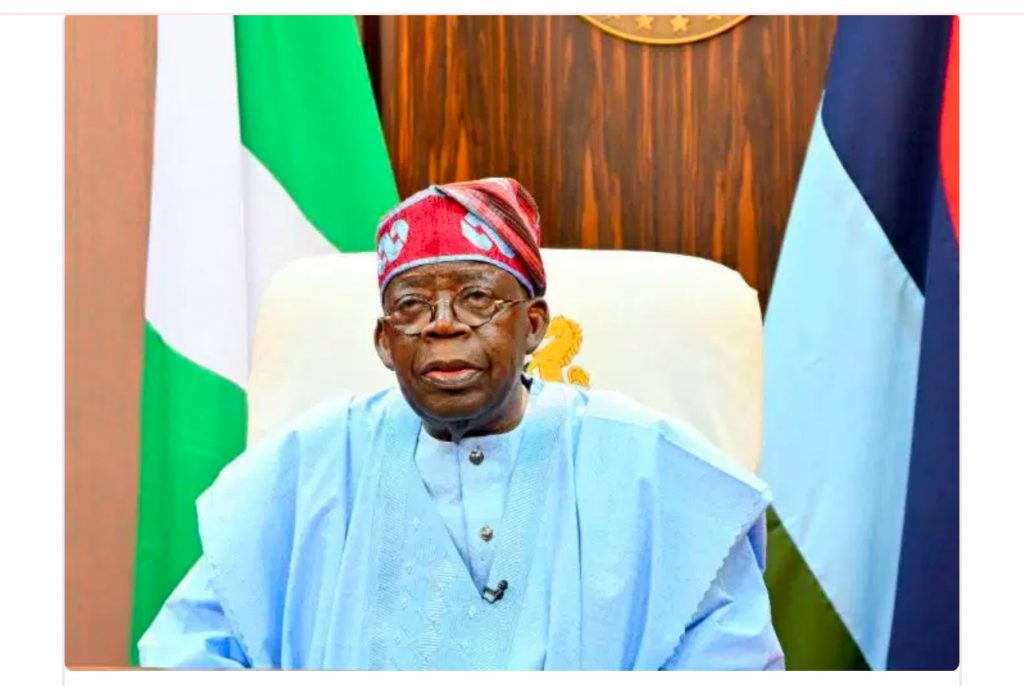 Disturbed by the state of training institutions for the Nigeria Police Force (NPF), Nigeria Security and Civil Defence Corps (NSCDC) and other internal security agencies, President Bola Tinubu has declared emergency on the facilities.
Disturbed by the state of training institutions for the Nigeria Police Force (NPF), Nigeria Security and Civil Defence Corps (NSCDC) and other internal security agencies, President Bola Tinubu has declared emergency on the facilities. 
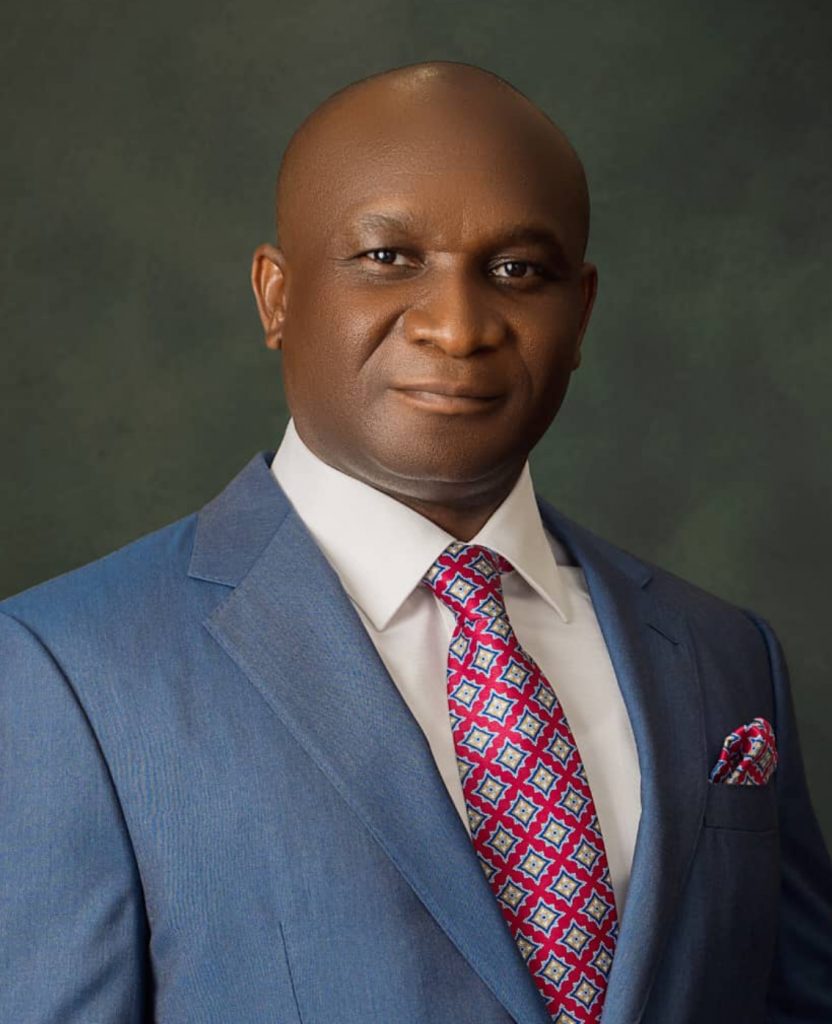 The Niger Delta Development Commission, NDDC, is hosting a two-day strategic meeting with commissioners, permanent secretaries, and directors of agriculture, fisheries & livestock in the nine Niger Delta states.
The Niger Delta Development Commission, NDDC, is hosting a two-day strategic meeting with commissioners, permanent secretaries, and directors of agriculture, fisheries & livestock in the nine Niger Delta states.